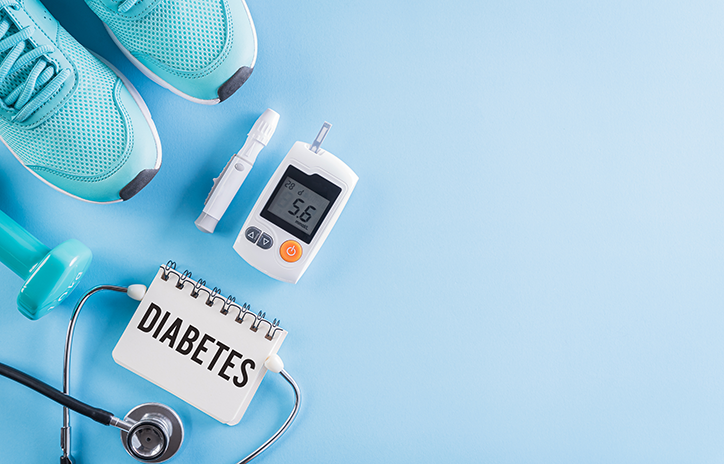Weight Loss Drugs Pros and Cons PT2
.
Series: Part 2 - Exploring the Pros and Cons of Weight Loss Injectables: Saxenda, Wegovy, Zepbound
In today's appearance-driven society, injectable medications for weight loss, such as Saxenda (liraglutide), Wegovy (semaglutide), and Zepbound (tirzepatide), have garnered significant attention. We cannot forget losing weight is not only to make us look and feel great about ourselves, but it is also about encouraging good health habits. However, while these medications offer potential benefits, it is essential to understand their pros and cons fully.
Weight loss is not merely about aesthetics; it is about promoting overall health and well-being. Obesity is linked to severe health conditions like Type 2 Diabetes, hypertension, heart disease, and certain cancers. Injectable medications known as GLP-1 agonists can aid in weight loss by targeting appetite centers in the brain, reducing hunger, increasing satiety, and regulating blood sugar and are recommended in conjunction with eating healthy and having a more active lifestyle to achieve a long-term weight reduction and improvement in health. To be considered for these medications you must either have a BMI equal to or greater than 30, or a BMI equal to or greater than 27 with a weight related issue such as high blood pressure or cholesterol.
Here is a closer look at the pros and cons of these injectable drugs. On the positive side, clinical trials have demonstrated significant weight loss (5 to 22.5%) when these medications are combined with lifestyle modifications. Additionally, a weight loss of 5 to 10% that can lead to significant improvements in cardiovascular health, blood pressure, diabetes risk, osteoarthritis-related knee pain, and fatty liver disease. Wegovy has shown promise in reducing the risk of heart disease. Wegovy and Zepbound offer the convenience of once-weekly injections, eliminating the need for daily dosing and injection devices are user-friendly and discreet, with no visible needles during administration. Lastly, another pro is improved physical appearance that can positively impact mental health, boosting confidence and energy levels while reducing anxiety.
Now diving into the cons for these injectable weight loss drugs. Common side effects include nausea, vomiting, diarrhea, and constipation and these side effects may worsen in individuals with gastroparesis. These drugs are not suitable for individuals with a history of pancreatitis, thyroid cancer, or certain endocrine neoplasia. Cost can be a significant barrier to access, especially for those without insurance coverage. Another con is a highly widespread problem that limits availability due to high demand, may hinder access and dosage titration. Long-term use is often necessary, and discontinuation may lead to weight regain.
In conclusion, the effectiveness of these medications varies from person to person, and not all drugs are suitable for everyone. Even if you do not meet the criteria mentioned above, if you are seeking assistance with weight loss, it begins with lifestyle adjustments. Incorporating changes in diet and physical activity is essential for achieving optimal results and is crucial regardless of medication use. Losing weight is not a quick fix and there is no magic solution, but with dedication, it is achievable. Starting with healthier eating habits, portion control, and regular exercise can lead to both physical and mental improvements. Remember, a lifestyle change is not a short-term endeavor but a long-term commitment to maintaining desired results. At Montgomery Medical, we are dedicated to supporting patients in reaching their health objectives. Contact us today at 724-569-8100 or visit
www.montymed.com to explore personalized treatment options and embark on your journey to improved health.






Share On: